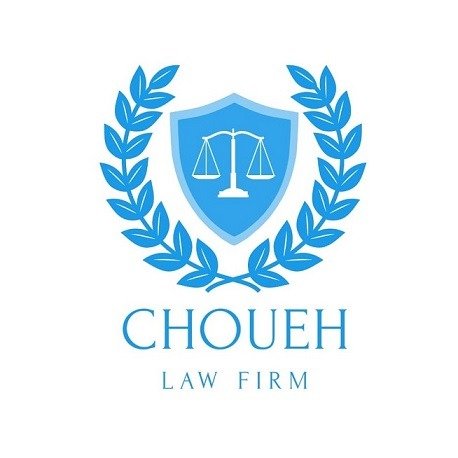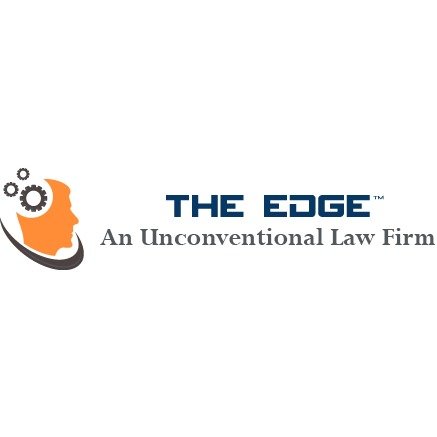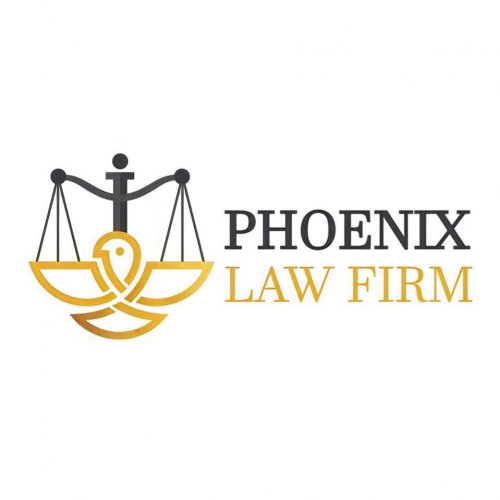Best Conveyancing Lawyers in Lebanon
Share your needs with us, get contacted by law firms.
Free. Takes 2 min.
Free Guide to Hiring a Real Estate Lawyer
Or refine your search by selecting a city:
List of the best lawyers in Lebanon
About Conveyancing Law in Lebanon
Conveyancing in Lebanon refers to the legal process of transferring property ownership from one party to another. It entails various legal and administrative procedures, ensuring that real estate transactions are conducted lawfully and that the interests of buyers, sellers, and other involved parties are protected. In Lebanon, conveyancing is governed by several laws and regulations that require compliance with legal protocols, accurate documentation, and property registration with relevant authorities such as the Directorate General of Land Registration and Cadastre.
Why You May Need a Lawyer
Many individuals seek legal help in conveyancing to navigate the complexities of Lebanese property law. Common situations where legal assistance may be necessary include:
- Reviewing and drafting sale and purchase agreements to ensure they are legally binding and protect your interests
- Conducting due diligence to verify property ownership, boundaries, and any encumbrances or debts registered against the property
- Handling property registration and ensuring all necessary taxes and fees are paid on time
- Resolving disputes between buyers and sellers or with third parties, such as co-owners or neighbors
- Managing inheritance or transfer of property due to family succession, especially when multiple heirs are involved
- Overcoming obstacles related to foreign ownership, zoning regulations, or building permits
Legal support can help prevent costly mistakes, delays, or potential litigation arising from misunderstandings or failure to comply with Lebanese property law.
Local Laws Overview
Conveyancing in Lebanon is shaped by a mix of Ottoman, French, and local statutes. The registration of real property is governed by the Land Registry Law and related regulations, which require strict adherence to official procedures. Key aspects of local laws to consider include:
- All property transactions must be in written form and notarized by a Notary Public
- Registration at the Land Registry office is mandatory for ownership transfer to take legal effect
- The transfer process involves reviewing old title deeds (known as "Sijillat") to verify legal status and boundaries
- Foreigners face restrictions on property ownership, including the need to obtain prior approval from the Ministry of Finance for purchases exceeding specific area thresholds
- Transfer taxes, stamp duties, and related fees are payable, with rates depending on the value of the property
- Co-ownership and inheritance transfers follow specific legal rules, often necessitating additional documentation and, in some cases, court intervention
Given these complexities, attention to detail and understanding of the law are crucial during the conveyancing process.
Frequently Asked Questions
What is the role of a lawyer in the conveyancing process in Lebanon?
A lawyer assists with legal documentation, conducts due diligence on the property, reviews or drafts sale agreements, and ensures the transaction complies with Lebanese law before facilitating ownership transfer at the Land Registry.
Do both parties (buyer and seller) need to be present at the Land Registry?
Yes, both the buyer and seller, or their legal representatives holding power of attorney, typically need to be present to finalize and register the property transfer.
What documents are required for the conveyancing process?
The main documents include valid identification, the property’s title deed, recent property tax receipts, a sale and purchase agreement, and any relevant powers of attorney.
Are foreigners allowed to buy property in Lebanon?
Foreigners may buy property, but there are restrictions regarding land size and purpose, and purchases above specific thresholds require prior governmental approval.
What taxes and fees are involved in a property transfer?
The main costs are the transfer tax, typically around 6 percent of the declared property value, notarial fees, registration fees, and stamp duties.
How long does the conveyancing process take in Lebanon?
Assuming all documents are in order, a straightforward sale can be completed in a matter of weeks, though delays can occur if disputes, inheritance issues, or incomplete paperwork arise.
What is due diligence in property transactions?
Due diligence involves verifying the legal status of the property, ensuring no outstanding taxes or mortgages exist, and confirming the seller’s legal right to transfer ownership.
Can property be co-owned in Lebanon?
Yes, property can be owned jointly by two or more parties, but co-ownership is subject to specific regulations and may require a co-ownership agreement.
What happens if the property is subject to inheritance law?
If a property forms part of an inheritance, the transfer process may require succession certificates, agreement among heirs, and potentially court approval before conveyancing can proceed.
Can I complete the conveyancing process without a lawyer?
While not compulsory, it is highly recommended to engage a lawyer or legal expert familiar with Lebanese property law to avoid legal complications and ensure a smooth transaction.
Additional Resources
Several organizations and governmental bodies in Lebanon provide guidance and support for those seeking legal advice in conveyancing. These include:
- Directorate General of Land Registration and Cadastre - the main authority handling property registration and title deeds
- Notary Public offices - responsible for notarizing sale agreements and legal powers of attorney
- Order of Lawyers of Beirut and Tripoli - can help you find licensed property lawyers
- Ministry of Finance - issues approvals for certain property purchases, particularly for foreigners
- Lebanese Municipalities - may provide local information on zoning and land use regulations
Next Steps
If you need legal assistance with conveyancing in Lebanon, consider the following steps:
- Gather all documents related to the property, including title deeds, identification, and prior agreements
- Identify a qualified lawyer or conveyancing specialist with experience in Lebanese property law
- Consult with your lawyer to discuss your specific situation and obtain a full understanding of your rights, obligations, and the process involved
- Work closely with your legal advisor to conduct due diligence, draft necessary agreements, and ensure full compliance with local laws
- Finalize and register the transaction at the Land Registry office to ensure your ownership is legally recognized
Engaging a legal expert from the outset can help you avoid unnecessary delays or costly mistakes, offering peace of mind that your property interests are safeguarded under Lebanese law.
Lawzana helps you find the best lawyers and law firms in Lebanon through a curated and pre-screened list of qualified legal professionals. Our platform offers rankings and detailed profiles of attorneys and law firms, allowing you to compare based on practice areas, including Conveyancing, experience, and client feedback.
Each profile includes a description of the firm's areas of practice, client reviews, team members and partners, year of establishment, spoken languages, office locations, contact information, social media presence, and any published articles or resources. Most firms on our platform speak English and are experienced in both local and international legal matters.
Get a quote from top-rated law firms in Lebanon — quickly, securely, and without unnecessary hassle.
Disclaimer:
The information provided on this page is for general informational purposes only and does not constitute legal advice. While we strive to ensure the accuracy and relevance of the content, legal information may change over time, and interpretations of the law can vary. You should always consult with a qualified legal professional for advice specific to your situation.
We disclaim all liability for actions taken or not taken based on the content of this page. If you believe any information is incorrect or outdated, please contact us, and we will review and update it where appropriate.
Browse conveyancing law firms by city in Lebanon
Refine your search by selecting a city.










